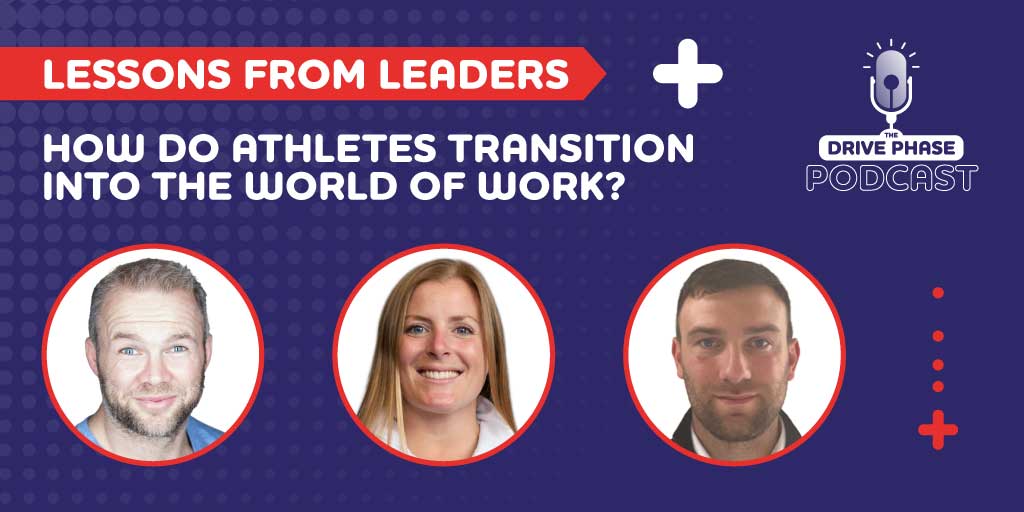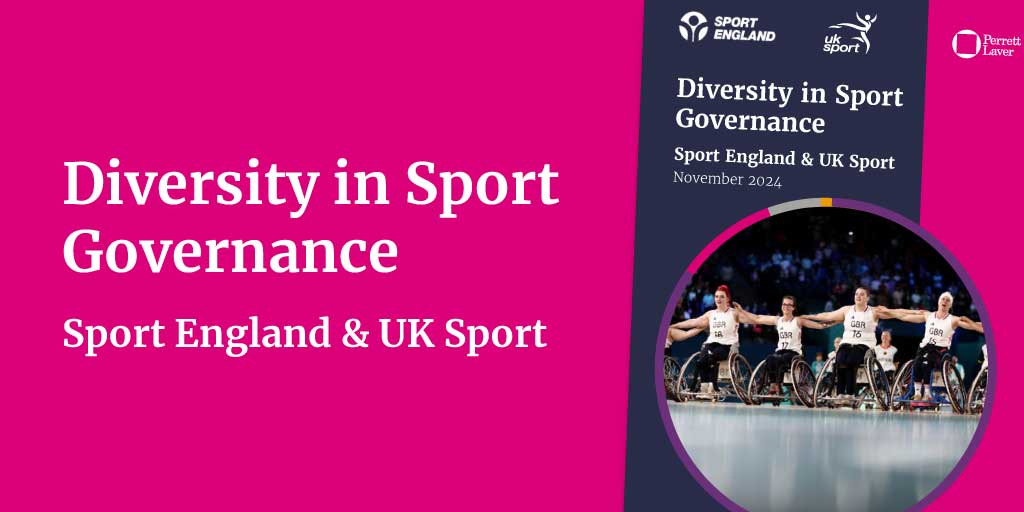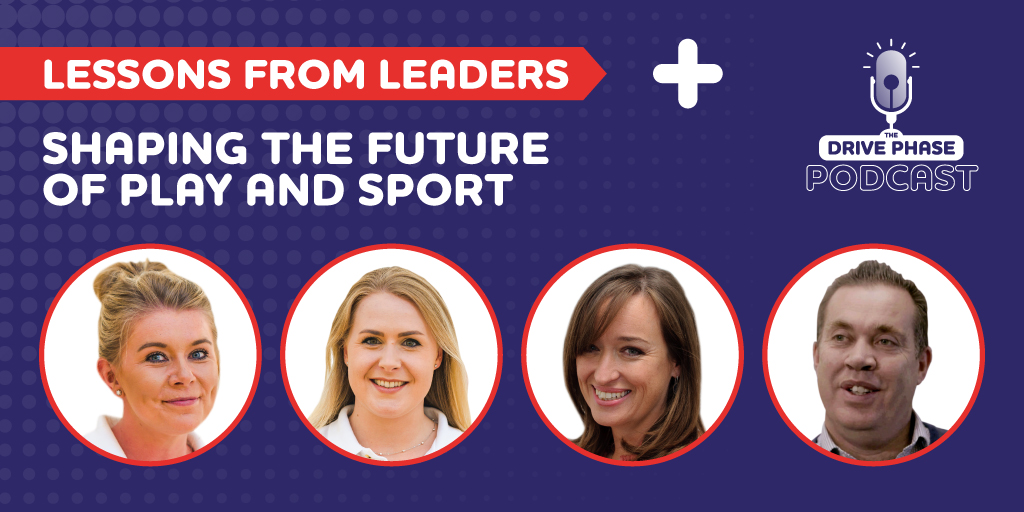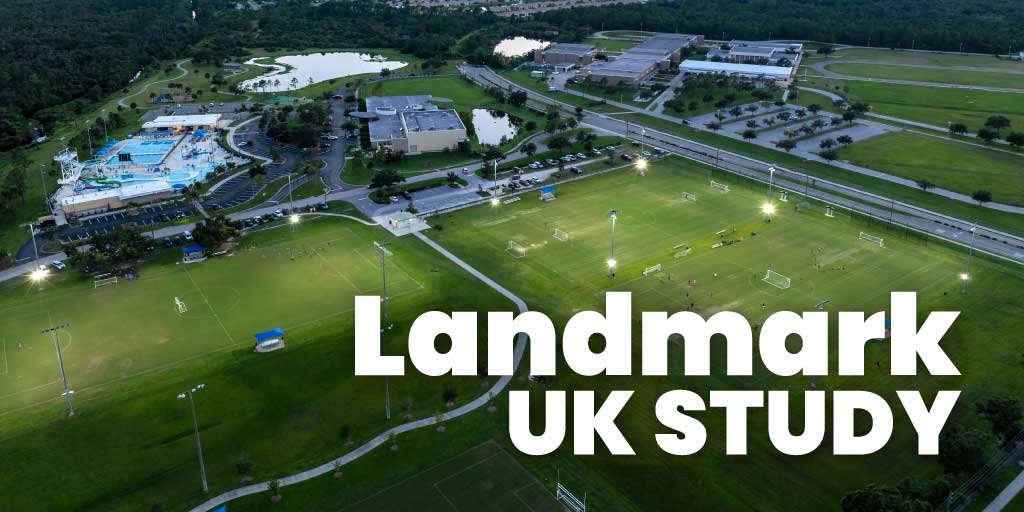For many athletes, transitioning from active competition to a career in coaching can be a natural progression. Leveraging their extensive knowledge, experience, and passion for their sport, athletes can make a significant impact as coaches. However, the transition is not always straightforward. Here are key steps and strategies to help athletes transition successfully into sports coaching companies.
Identify their transferable skills
Athletes possess a plethora of skills that are highly valuable in coaching. Their discipline and work ethic are unmatched. Their commitment to training and improving performance is crucial in coaching. They’re leaders, have experience thinking strategically, and often are effective communicators with teammates, which translates well into instructing and guiding others.
Helping athletes recognize these transferable skills is the first step in their transition.
Encourage relevant certifications and education
While experience as an athlete is invaluable, formal education and certifications can enhance credibility and knowledge. Encourage athletes to pursue coaching certifications from governing bodies and coaching companies. There are also sports or exercise science programs that can deepen their knowledge in sports psychology, physiology, and nutrition.
Continuous learning opportunities through workshops and seminars can keep them up to date on the latest coaching techniques and trends.
Utilize or build a network
Networking is crucial in the sports industry. Athletes should connect with existing coaches, as the opportunity to learn can provide insights and mentorship. Sports conferences are also excellent for meeting potential employers and peers in the coaching field.
→ Ollie Phillips on Training with Jonny Wilkinson

Ollie Philips, the founder of Optimist Performance, had a 14-year professional career that saw him captain the England team at three World Series Cups. When an injury put him out of action, the founders of Clipper Round the World Race got in touch with him, and it became one of his most important networks.
Meeting a senior partner at PwC during the last leg, he saw in him a powerful need to be part of a team. This inclination powered the next phase of his career.
Offer them practical experience
Practical experience is essential. Encouraging athletes to volunteer by assisting in local sports clubs or schools can provide hands-on experience. Offer them internships or assistant coaching roles to help them learn the ropes and gradually take on more responsibilities.
Seek mentorship and guidance
Mentorship can provide invaluable support and advice. Offering athletes mentorship from someone who has successfully made the transition can provide insights and guidance. Encourage them to find someone in their network or join an online community to find other athletes who can offer advice, share experiences, and provide a sense of community.
Previous guest on The Drive Phase podcast, Laura Gallagher, started trampolining as a youngster going on to become a national Team GB squad member. Not one to rest on her laurels, she studied psychology and worked in an alternative education provision for young people while she trained.
As the pressures of training mounted, she needed something that fit into that bid to compete internationally. That’s where she found athlete mentorship at both the Kelly Holmes Trust and Switch the Play.
→ Laura Gallagher on Olympic Dreams
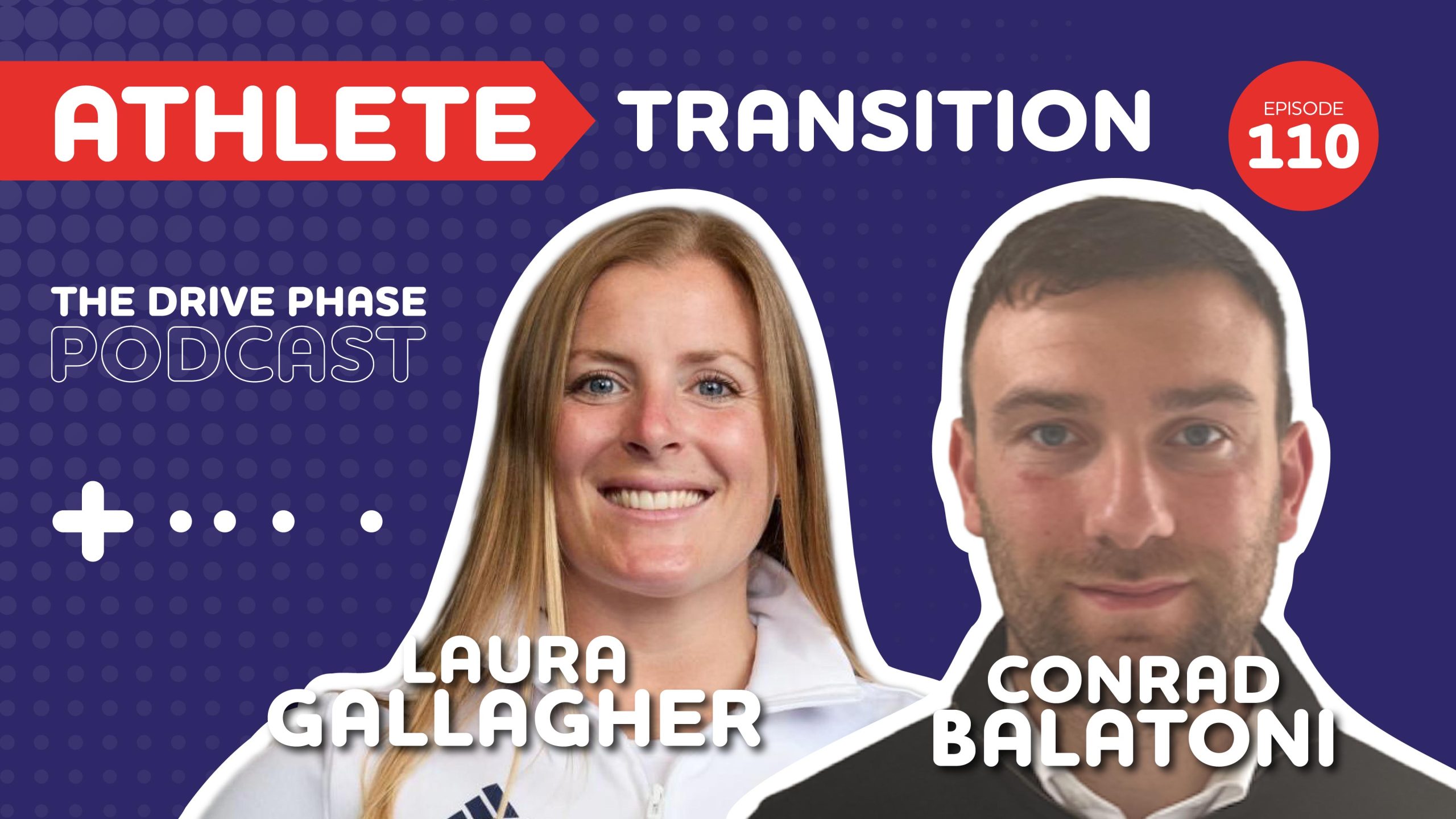
Stay adaptable & flexible
The sports industry is constantly evolving, so athletes who want to excel in coaching need to keep learning. It’s essential to stay updated with new coaching techniques and sports science developments. They also need to use the skills they have to be adaptable to new ideas and flexible in their approach.
→ Conrad Balatoni on Facing Tougher Competition
Previous podcast guest Conrad Balatoni had a decision to make when he found himself on the other end of a 50% pay cut after playing Scottish football for the best part of ten years. At his heart, he was a person who needed to get something done and learn on the job, and sports coaching can offer a retiring athlete that opportunity!
Check out The Drive Phase podcast today!
The Drive Phase podcast brings together all the movers and shakers in the sports, activities, and recreation sectors. Check out the podcast today to see the best of the sector in just one podcast!

